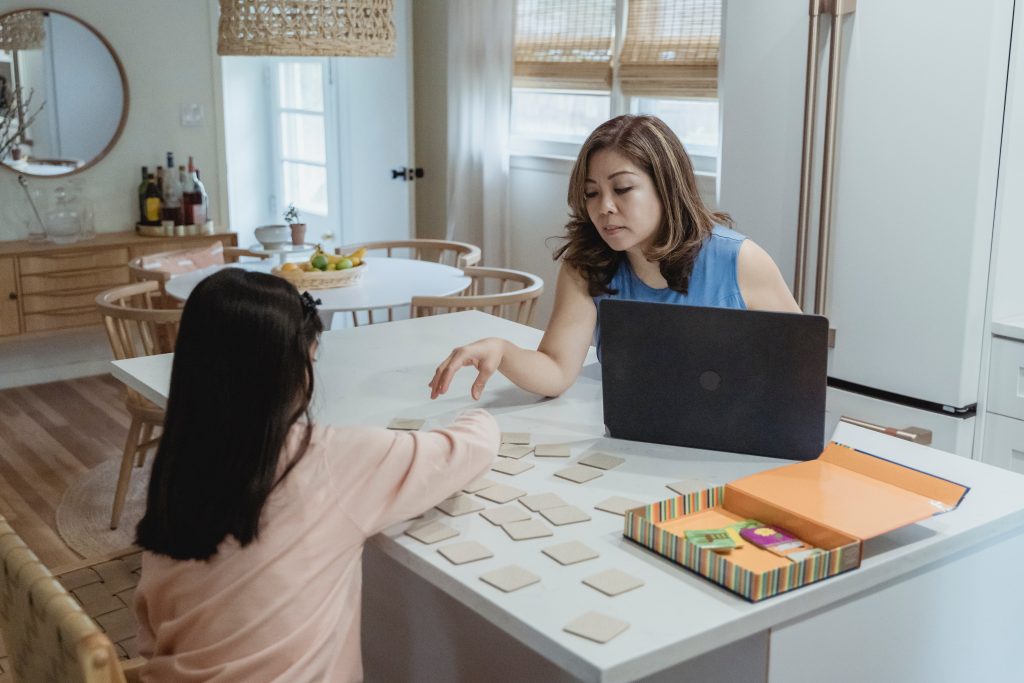
There is an ongoing stigma that once a woman becomes a mother, she will stop caring about her professional responsibilities and be a less valuable employee. Interestingly, the same rules don’t apply to men – in fact, while women see their earnings drop by 4% for each child they have, men’s incomes increase by 6% per child that they have. So what can be done? This piece in GoBankingRates discusses the issue in greater detail and shares recommendations on how to avoid this penalty.









